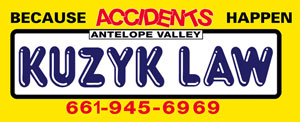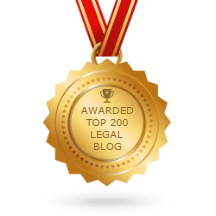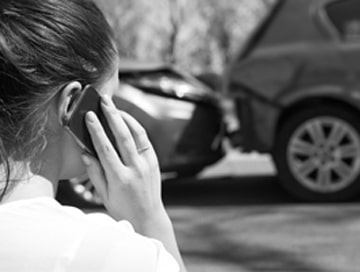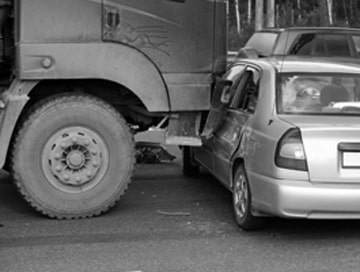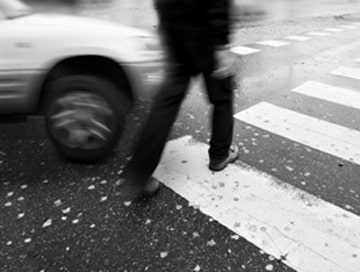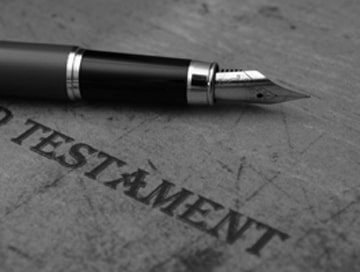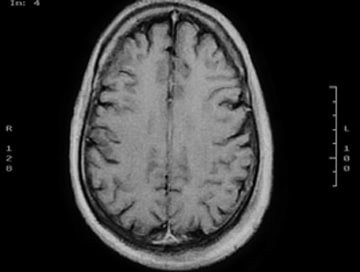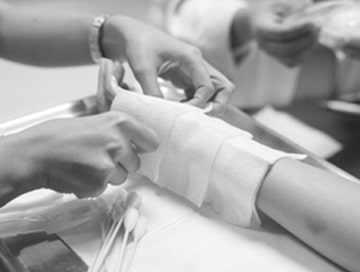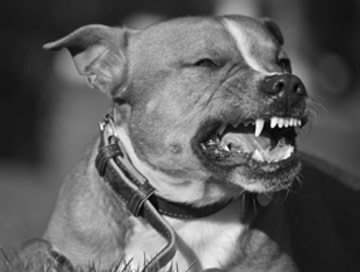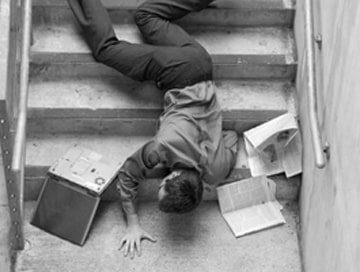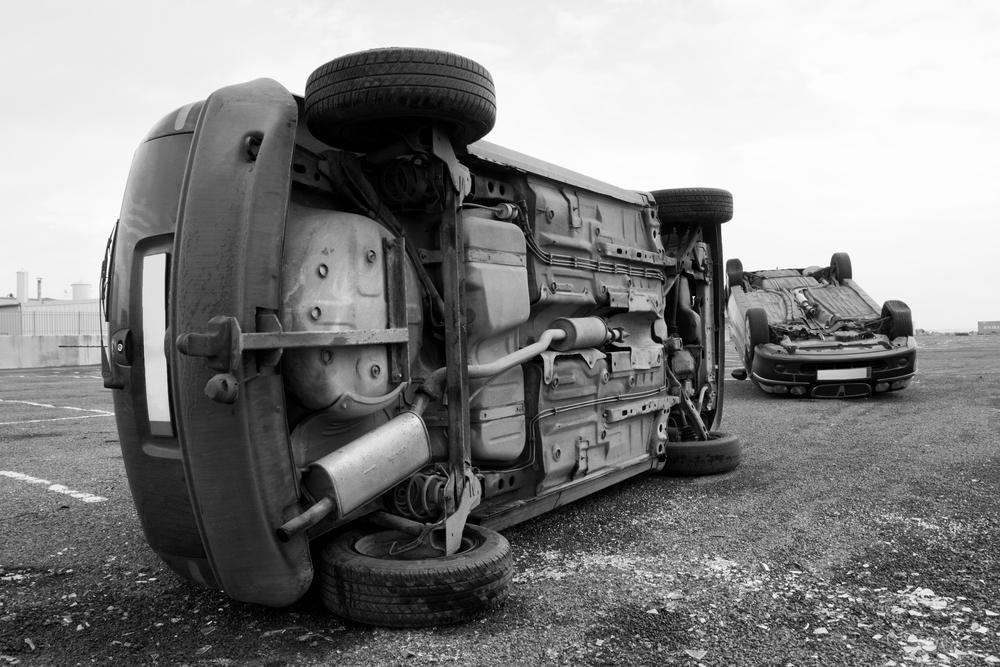
Have you ever been driving down the road and worried about your car losing control? One specific concern for drivers is a rollover accident.
A rollover accident occurs when a vehicle rolls over onto its side or flips completely onto its roof.
While these accidents are less common than other crashes, they can be especially dangerous and cause serious injuries.
Understanding the Dangers of Rollover Accidents
Imagine a seemingly harmless drive turning into a terrifying ordeal. Rollover accidents, where a vehicle flips onto its side or roof, are a stark reminder of the dangers on the road.
While they make up a small percentage (around 2% according to the National Highway Traffic Safety Administration NHTSA) of all crashes, they are disproportionately responsible for a staggering 30% of all occupant fatalities in the United States.
This alarming statistic highlights the severity of rollover accidents and the potential for catastrophic injuries.
Not all vehicles are created equal when it comes to rollover risk. Those with a higher center of gravity, such as SUVs and trucks, are statistically more likely to roll over than sedans or lower-profile cars.
The Insurance Institute for Highway Safety (IIHS) reports that SUVs account for a significant portion of rollover crash deaths, highlighting the vulnerability of these popular vehicles.
The Brutal Consequences of a Rollover Accident
The violent nature of a rollover accident can inflict a devastating toll on the human body. While the immediate focus might be visible injuries, the impact can extend far beyond. Here’s a closer look at the potential consequences of a rollover crash:
Head Trauma:
The lack of a roof and the forceful impact during a rollover significantly increase the risk of head injuries. These can range from mild concussions to life-threatening brain damage, depending on the severity of the accident.
Spinal Cord Damage:
The twisting and compression forces during a rollover can severely damage the spinal cord. This can lead to paralysis, loss of mobility, or chronic pain, forever altering a person’s life.
Broken Bones:
The forceful impact and potential for ejection from the vehicle can cause fractures in various parts of the body, including arms, legs, ribs, and the pelvis. The healing process for these injuries can be long and painful.
The Recipe for Disaster: Understanding What Causes Rollover Accidents
While rollover accidents are less frequent than other types of crashes, the consequences can be devastating. Knowing the common causes can help you stay alert and reduce your risk on the road. Here are some of the most significant contributors to rollover accidents:
Vehicle Choice:
SUVs, trucks, and vehicles with a higher center of gravity have a higher rollover risk. Their higher profile makes them more prone to instability during sharp turns or sudden maneuvers.
Speeding:
The faster you go, the less control you have over your vehicle. Excessive speed significantly increases the risk of a rollover, especially when combined with other factors like sharp curves or uneven terrain.
Distracted Driving:
Taking your eyes off the road for a text, a phone call, or adjusting the radio can have disastrous consequences. Distracted driving impairs your ability to react to sudden situations that could lead to a loss of control and a potential rollover.
Impaired Driving:
Driving under the influence of alcohol or drugs is never a good idea. Intoxication significantly reduces reaction times and judgment, making drivers more susceptible to errors that can lead to a rollover.
Tripped Rollovers:
These occur when a vehicle hits an external object like a curb, median, or vehicle. The impact can cause the car to “trip” and rollover.
Untripped Rollovers:
These are more common and can happen due to a sudden steering maneuver to avoid an obstacle or over-correct a mistake. A rapid shift in weight can destabilize the vehicle and cause it to roll over without hitting anything else.
Getting Back on Your Feet After a Rollover Accident: Your Guide to Recovery
If you’ve been involved in a rollover accident, it’s crucial to seek medical attention immediately, regardless of the severity of your injuries.
Rollover accidents can have delayed onset symptoms, so getting checked by a medical professional is essential.
The aftermath of a rollover accident can be overwhelming. Disoriented, injured, and unsure of what steps to take next – it’s a situation no one wants to face. Here’s what you should know:
Prioritize Your Health: Seek Medical Attention Immediately
Rollover accidents can have delayed onset symptoms even if you feel okay initially. Internal injuries, whiplash, and other complications may not be immediately apparent. Seeking medical attention right away is crucial for diagnosis and treatment.
Don’t hesitate to call for an ambulance or have someone take you to the emergency room.
Protecting Your Rights: When to Consider Legal Help
Suppose another driver’s negligence caused your rollover accident. In that case, you may be entitled to compensation for your injuries, medical bills, lost wages, and other damages.
Here’s where Kuzyk Law, Fresno’s trusted personal injury attorneys, can help.
Kuzyk Law’s Expertise in Rollover Accident Cases
Our team of experienced lawyers has a proven track record of success in handling rollover accident claims. We understand the complexities of these cases and are dedicated to fighting for the maximum compensation you deserve.
Our in-depth knowledge of rollover accident causes, investigation techniques, and insurance regulations allows us to build strong cases and navigate the legal process effectively.
Kuzyk Law understands that navigating the aftermath of a rollover accident can be stressful, especially if English isn’t your first language. That’s why their dedicated team includes Spanish speakers ready to assist you throughout the legal process.
Call today for a free consultation to discuss your specific case.
Client Success Stories: Real People, Real Results
Many satisfied clients have entrusted Kuzyk Law with personal injury cases, including rollover accidents. Here’s what some of them had to say:
Shanelle L. on Kuzyk Law’s website: “Kuzyk Law made it simple and straight to the point. I brought in all necessary documents and they began working on my case immediately. If you have no idea where to start after being involved in an accident, definitely start with Kuzyk Law!”
While this testimonial doesn’t mention a rollover accident, it highlights Kuzyk Law’s efficiency and client-centric approach, which would be valuable in any personal injury case.
Preventing a Rollover: Defensive Driving Tips for Staying Safe
While rollover accidents are less common than other types of crashes, the potential consequences are severe.
By practicing safe driving habits and being aware of your surroundings, you can significantly reduce your risk of being involved in one. Here are some critical defensive driving tips to keep in mind:
Maintain Control at All Times:
Avoid erratic maneuvers, especially at high speeds. Sudden swerving, sharp turns on uneven terrain, or overcorrecting a mistake can destabilize your vehicle and increase the risk of a rollover.
Adjust Speed for Conditions:
Constantly adjust your speed based on road conditions. Slow down during bad weather, winding roads, or limited visibility. Remember, the higher your speed, the less control you have over your vehicle.
Beware of Uneven Terrain:
Be cautious when driving uneven roads with bumps, potholes, or gravel. These can cause your vehicle to lose traction and potentially roll over. If possible, avoid them altogether or proceed slowly with extra caution.
Proper Vehicle Maintenance:
Regular maintenance, including rollovers, is crucial for preventing accidents. Ensure your tires are correctly inflated according to the manufacturer’s recommendations. Underinflated tires can affect handling and stability, increasing the rollover risk. Additionally, a well-maintained suspension system helps absorb bumps and maintain vehicle control.
Load Your Vehicle Wisely:
Uneven weight distribution can affect your vehicle’s handling. Distribute cargo evenly throughout the car and avoid overloading it. Consult your owner’s manual for recommended weight limits.
Seatbelts are Essential:
Always wear your seatbelt and ensure all passengers are buckled up correctly. Seatbelts are the most effective way to prevent serious injuries or even death in a rollover accident.
Rollover Accidents: 5 Frequently Asked Questions
- What Are the Most Common Causes of Rollover Accidents?
Rollover accidents can happen due to various factors, but some of the most frequent include:
- Vehicle Type: SUVs, trucks, and vehicles with a higher center of gravity are more prone to rollovers due to increased instability during sharp turns or evasive maneuvers.
- Speeding: Excessive speed significantly increases the risk of a rollover, especially when combined with other factors like curves or uneven terrain.
- Driver Intoxication: Driving under the influence of alcohol or drugs impairs reaction time and judgment, making drivers more susceptible to rollovers.
- Distracted Driving: Taking your eyes off the road to focus on a phone, text, or other distractions can hinder your ability to react to sudden situations that could lead to a loss of control and potential rollover.
- Tripped and Untripped Rollovers: Tripped rollovers occur when a vehicle hits an external object, causing it to trip and rollover. Untripped rollovers are more common due to a sudden steering maneuver or weight shift destabilizing the car.
- What Should I Do After a Rollover Accident?
If you’re involved in a rollover accident, here are the crucial steps to take:
- Seek Medical Attention Immediately: Rollover accidents can cause delayed onset injuries even if you feel okay initially. Getting checked by a medical professional is essential for proper diagnosis and treatment.
- Contact the Authorities: Report the accident to the police to file an official report.
- Document the Scene: If possible, take pictures of the accident scene, your vehicle damage, and any visible injuries.
- Avoid Discussing Fault: Don’t admit fault or discuss the accident details with anyone except the police and your lawyer.
- Contact a Personal Injury Lawyer: If another driver’s negligence caused the accident, consider seeking legal counsel to understand your rights and options for compensation.
- Are Seatbelts Important in a Rollover Accident?
Absolutely! Seatbelts are the most effective way to prevent serious injuries or even death in rollover accidents. They keep you restrained within the vehicle, preventing ejection and minimizing the risk of getting thrown around during the rollover.
- How Can I Prevent Rollover Accidents?
Practicing safe driving habits can significantly reduce your risk of being involved in a rollover accident. Here are some essential tips:
- Always wear your seatbelt and ensure all passengers are buckled up.
- Avoid distractions while driving.
- Adjust your speed for road conditions and weather.
- Drive cautiously when operating a high-center-of-gravity vehicle.
- Maintain your vehicle correctly, including tire pressure and suspension system.
- Do I Need a Lawyer After a Rollover Accident?
Consulting with a personal injury lawyer is highly recommended if you were injured in a rollover accident caused by another driver’s negligence. An experienced attorney can help you navigate the legal process, gather evidence, negotiate with insurance companies, and fight for the compensation you deserve for your injuries, medical bills, lost wages, and other damages.
Don’t Get Flipped: Essential Knowledge to Avoid Rollover Accidents
By understanding the dangers of rollovers and practicing safe driving habits, you can significantly reduce your risk.
Always wear your seatbelt, stay focused on the road, and adjust your speed for conditions. If you drive a high-center-of-gravity vehicle, handle it with extra care.
Remember, regular maintenance is vital. And, if you’re ever in a rollover accident, seek medical attention immediately. For legal help after a rollover, Kuzyk Law is here for you. Contact us today for a free consultation.
